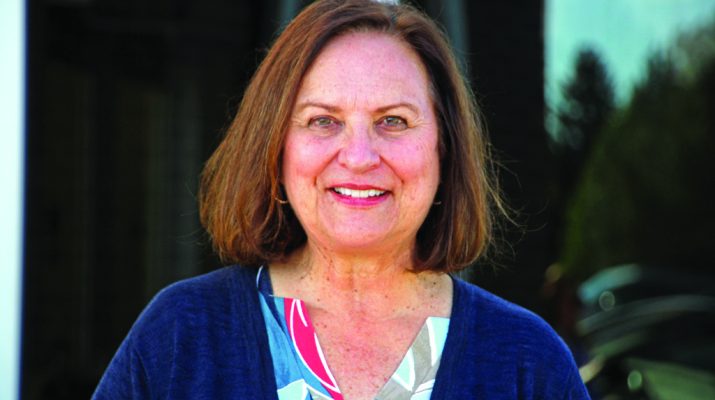Earlier this year, the National Fallen Firefighters Foundation honored 144 firefighters who passed away in 2021 and 2022. Four of those officers were from our home state of Nebraska: Fire Chief Darren Krull, James Bissonnette, Captain Christopher Parker, and Assistant Chief Michael Moody.
Assistant Chief Moody was a volunteer for the Purdum Volunteer Fire Department. He passed away from a medical emergency while fighting the Bovee wildfire last year. Moody, who had previously served as chief for the Purdum Department, volunteered as a firefighter for over 40 years. His obituary reads: “Whenever a fire call came in, he would be the first to the truck, not because he enjoyed going; he was there to help his neighbors save their land and structures.”
Mike Moody and his fellow heroes put their health, safety, and lives on the line to protect Nebraskans. Their names are now permanently inscribed on the National Fallen Firefighters Memorial in Emmitsburg, Maryland. I am thankful to the National Fallen Firefighters Foundation for recognizing and honoring our valiant Nebraskan firefighters.
As Nebraska’s senior senator, I’m here to advance legislation that will minimize tragic deaths and provide our firefighters and first responders with the federal resources they need. That’s why I co-led the introduction of the bipartisan Firefighter Cancer Registry Reauthorization Act late last month with my colleague Senator Bob Menendez (D-N.J.). This bill — supported by the National Fallen Firefighters Foundation and the Congressional Fire Services Institute, among other organizations — would reauthorize the Firefighter Cancer Registry for the next five years as well as raise its authorized funding level.
This registry is the largest effort ever undertaken to understand the risk of cancer among U.S. firefighters, which could be elevated due to dangerous toxin exposure. After being enacted for the first time in 2018, it officially went online this year. Now, we want Congress to reauthorize the registry so that firefighters can continue to understand their risk.
The original Firefighter Cancer Registry legislation directed the Centers for Disease Control and Prevention (CDC) to develop a database of firefighters diagnosed with cancer and to study the relationship between career-long exposure to dangerous fumes and toxins and the incidence of cancer in firefighters. Using this information, we can develop better protective gear and prevention techniques.
That’s just the start of what I hope to accomplish for our first responders this Congress. I recently reintroduced the Helping Emergency Responders Overcome (HERO) Act. That bill addresses the toll that service takes on our firefighters’ and first responders’ mental health — a struggle that too often stays invisible and goes unaddressed. First responders have much higher rates of depression and post-traumatic stress disorder than the general population.
To address this issue, the HERO Act would task the CDC with collecting data on the incidence of suicide among emergency responders. We can use this information to research more about possible prevention methods. Importantly, the bill also creates a grant program to establish or enhance peer support behavioral health and wellness programs at fire stations and emergency medical service agencies.
The CDC has already begun collecting information on suicide incidence among firefighters and first responders, thanks to language included in legislation that I supported at the end of 2020. But more work is needed to protect heroes around America — and I look forward to getting the HERO Act signed into law as soon as possible.
From wildfires to burning homes, our firefighters put their lives on the line daily to protect others in their communities. We honor and thank them for their self-sacrifice and loyalty. And in the Senate, we plan to put teeth in that expression of honor by passing protective measures like the Firefighter Cancer Registry Reauthorization Act and the HERO Act.
Thank you for participating in the democratic process. I look forward to visiting with you again next week.

